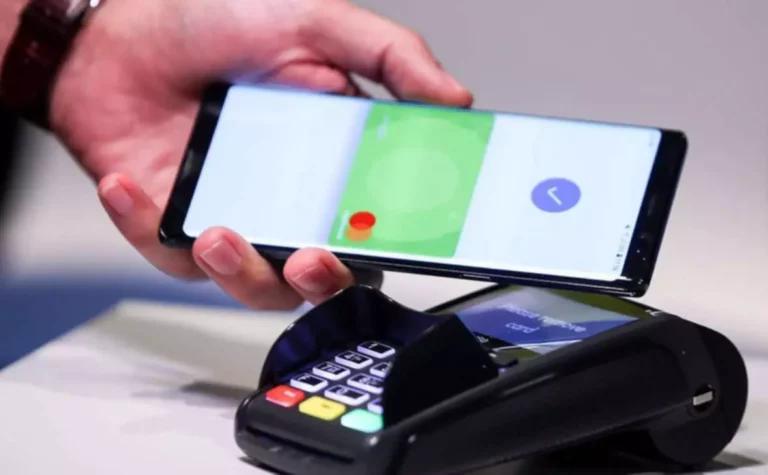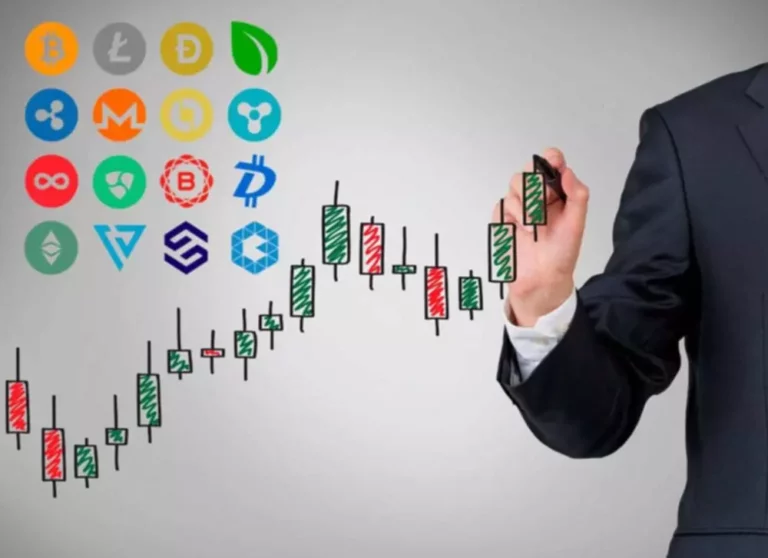It leads to the safe transfer of money from the customer’s bank account to the merchant’s account. For starters, a payment gateway ensures the secure transmission of any payment data. A payment gateway also provides encryption for data protection, integration with various payment methods, and the real-time processing of transactions. A payment gateway allows merchants to accept card payments from their customers. Helcim’s payment gateway offers a flexible billing structure and an easy-to-use interface. With a Helcim merchant account, you can accept customer payments in-person and online.

You’ll often hear the terms payment gateway and payment processor used interchangeably, but there are some major differences between them. PayPal’s ability to drive checkout conversion rates is compelling. Businesses that implement PayPal often see a surge in repeat customers and a considerable increase in transaction frequency. This is because customers worldwide trust PayPal for their transactions.
Typical transaction processes
With Wise Business, you can get ten local account details including EUR, CAD, and GBP. You can receive payments into these balances with ease and then send, spend, or exchange at the real mid-market rate. A self-hosted forex payment processing may be the way to go if you want greater control. Increased internet use and ecommerce sales are driving payment gateway revenue. Transaction fees are common and relatively similar across the board. You’ll need to be sure that what you’re paying is something that you can afford.
For example, subscription businesses often need a gateway that supports recurring payments. SaaS or marketplaces might require one that can offer embedded payments. Businesses in industries like airlines and gambling might need a high-risk payment gateway with a high-risk appetite.
Payment Methods
A payment processor uses that information to charge the customers’ bank or credit card provider. Well, you do get the on-site checkout process so your customers won’t be routed to another site to complete their purchase. And Authorize.net accepts all major credit cards plus other digital payment solutions like Apple Pay and PayPal. If after asking all of these questions you still haven’t found a payment gateway which meets your requirements, there are some other options you can consider. Our guide to recurring payments compares each of the main online payment options on costs, ease of access, international reach, timings, support, and more.
You don’t even have to call their sales team, either—this discount happens automatically the more you process. Subscription-based businesses seeking an adaptable and secure payment gateway with strong recurring billing and invoicing capabilities. PayPal is a great payment gateway to use because it is instantly recognizable and your customers immediately feel safe. In fact, PayPal probably gives more protection to customers than it does to vendors. PayPal has increased my sales and processes much faster than other credit card readers that I have tried. A hosted gateway with flexible checkout options, including PayPal payment options, which you integrate into your website.
Popular Features
White label payment gateways let businesses add their own branding to their payment processing service while using third-party payment gateway providers. It takes a lot of time and effort to build your own payment gateway. However, if you’re low on budget and want to save time, consider simple and cheaper alternatives like partnering with a payment service provider or using a white-label service. Apple Pay is a fast and reliable payment gateway solution designed for mobile payments. It allows you to accept credit cards and other electronic payments as long as your store has a near-field communication (NFC) terminal. Adyen is a financial technology platform offering various solutions for enterprise businesses to enhance payments.
Today’s near-field communication (NFC) technology makes contactless payment possible. You no longer have to carry the plastic card as long as the data is stored in your phone or smartwatch. In this article, we’ve covered everything you need to know about payment gateways, from how they work to their benefits. Moreover, we listed the best payment gateways so you can decide which one is right for your business. Despite that, most people are still not familiar with this technology.
Does the payment gateway offer international payments?
An impressive 69% of PayPal customers feel more secure shopping at a merchant that accepts PayPal. Clover’s intuitive design and powerful features make it a reliable partner for restaurants, going so far as to reshape their everyday operations. They are multifunctional tools that cater to the ebb and flow of restaurant dynamics. What sets Square apart from most competitors is its extra features. Users can take advantage of customer relationship tools to build customer loyalty and employee management tools that help to track hours worked. It also offers inventory management solutions and advanced reporting to help you best manage your business.
- When choosing a payment gateway, security should be one of your top considerations.
- We analyzed more than 25 of the leading payment gateways and narrowed it down to the top 10, which were analyzed across 41 metrics to rank the best payment gateways for small businesses.
- You can think of the payment gateway as a train passing between stations, where the conductor talks with the station master at each stop.
- Real-time inventory updates help chefs maintain a consistent workflow and prevent unfortunate surprises during peak hours.
- You should also consider whether the payment gateway offers any customization options.
- Well, you do get the on-site checkout process so your customers won’t be routed to another site to complete their purchase.
Like a payment gateway, it can include both hardware and software components – or just software components. You may hear the term payment gateway used interchangeably with “payment processor.” Though the two are similar, there are some crucial differences between them. A drawback to Square is that they charge a premium for manually entered transactions. You’ll pay 2.75% for swiped transactions and 3.5% plus 15 cents for manually entered credit card transactions.
Step 5: Settlement
Once a payment has been made then your customer will be returned to your website and the order will be confirmed. Choosing a payment gateway (or payment service provider) can be difficult, considering the sheer variety of choice in the market. We have come up with a list of 10 quick questions to help you ensure you get the right payment gateway for you. Sellers can save time by using a payment gateway since they don’t have to manually input customer information; a payment gateway automates that process. This frees up time for the seller to focus on their business instead of tasks that can be handled with technology. When the customer purchases on the merchant’s website, it is the payment gateway that allows the payment to go through.

This article will give you a better understanding of what a payment gateway is and what to consider when choosing one for your business. Payment gateway providers, which most businesses use in order to process online purchases, are common and easily recognizable. Some examples include PayPal, Square, Stripe, Authorize.net, Braintree, WePay, and 2Checkout. Designed for larger firms, it offers a plethora of APIs that allow you to create your own subscription services, on-demand marketplaces, or crowdfunding platforms. It supports a range of development languages, including Ruby, Python, PHP and Java. But behind the scenes, several sophisticated steps and precise systems are working together to move funds from buyer to seller – and a payment gateway is part of that magic.
What Is Your Monthly Sales Volume?
Transaction limits can vary depending on the payment gateway provider and the type of account you have with them. The merchant then redirects the customer to share the final status of the transaction. If the payment is approved, the customer will see a payment confirmation message with the details of their order. If the payment fails, they will be asked to retry the payment using different methods.
Payment processing needs
You can read more about each of these in the guide to the Top 7 best https://www.xcritical.com/s. While they perform the same function, how they integrate into your website differs. This article will go through the ins and outs of payment gateways.
Having a reliable payment gateway is key to preventing abandoned carts. With an API-hosted payment gateway, you bear all the responsibility for security. You’ll need to be PCI DSS compliant and in possession of an SSL certificate. Your customer can enter their card details into your checkout portal. Your website encrypts and then sends these details to a third-party payment gateway.

